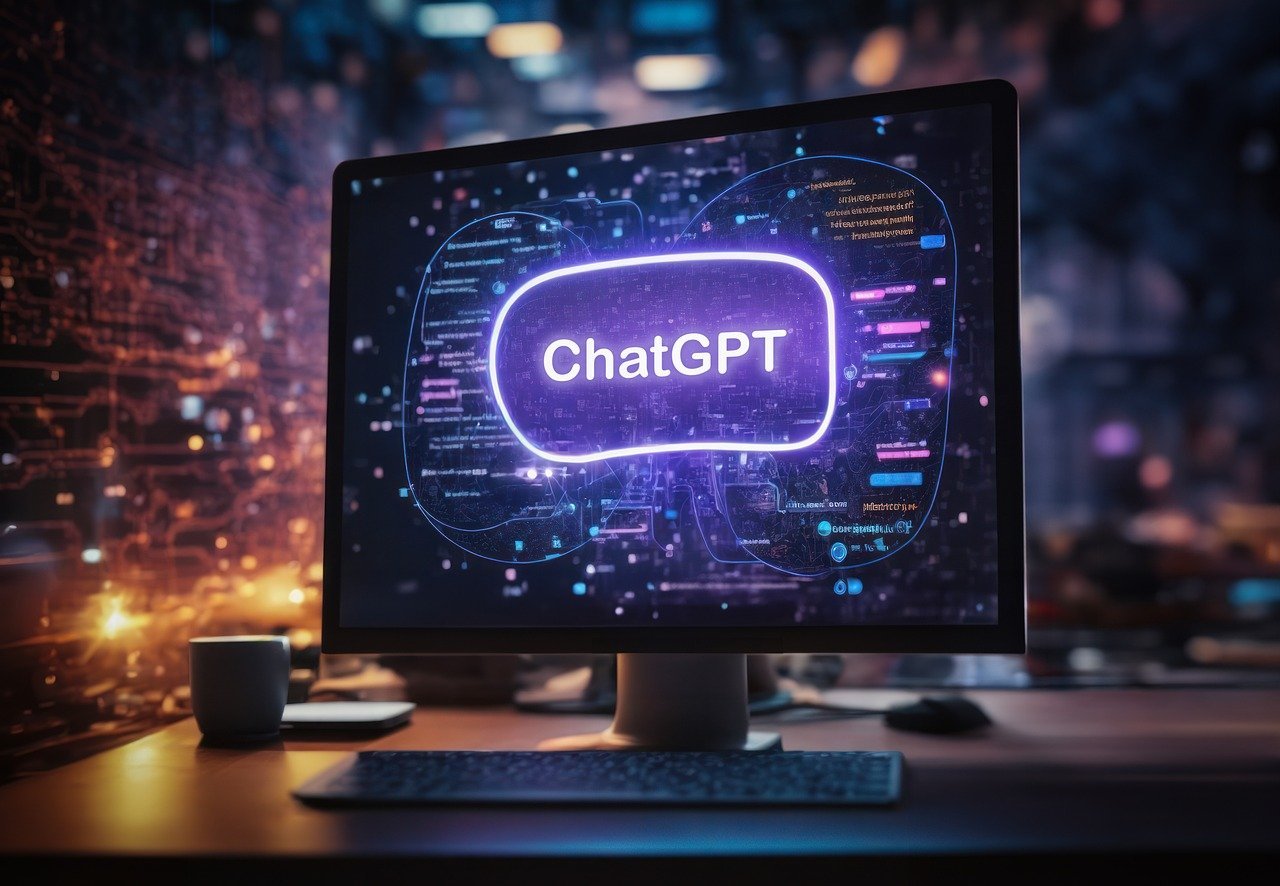ChatGPT is an AI language model developed by OpenAI. It is based on the GPT (Generative Pre-trained Transformer) architecture, specifically the GPT-4 version as of my latest training. ChatGPT is designed to understand and generate human-like text based on the input it receives. It can perform a variety of tasks such as answering questions, providing explanations, generating text, translating languages, summarizing text, and more.
Uses of ChatGPT
- Customer Support: ChatGPT can be used to handle customer inquiries, providing quick and accurate responses to common questions and issues.
- Content Creation: It assists in generating content for blogs, articles, social media posts, and other written materials.
- Education and Tutoring: ChatGPT can help explain complex topics, provide summaries, and assist with homework and learning materials.
- Programming Assistance: It can help with coding by providing explanations of code, debugging assistance, and writing code snippets.
- Language Translation: ChatGPT can translate text between different languages.
- Personal Assistant: It can help manage schedules, set reminders, and perform various personal assistant tasks.
- Creative Writing: ChatGPT can generate stories, poems, and other forms of creative writing.
- Research Assistance: It can help find and summarize information on a wide range of topics.
Safety of ChatGPT
The safety of ChatGPT, like any AI technology, depends on how it is used. Here are some considerations:
- Data Privacy: When using ChatGPT, especially in applications that handle sensitive information, it’s important to ensure that data privacy measures are in place. OpenAI follows strict guidelines to protect user data, but it’s also crucial for developers integrating ChatGPT into their applications to follow best practices for data security.
- Misinformation: While ChatGPT can generate accurate and helpful information, it can also produce incorrect or misleading information. Users should verify critical information from reliable sources.
- Bias: AI models can sometimes reflect biases present in the data they were trained on. OpenAI is working to reduce biases, but users should be aware of this potential issue.
- Usage Policies: OpenAI has usage policies to prevent harmful uses of its models, such as generating hateful content, spam, or misinformation. It’s important to adhere to these guidelines to ensure safe and ethical use of the technology.
Overall, ChatGPT can be a powerful and versatile tool when used responsibly, with considerations for privacy, accuracy, and ethical guidelines.

